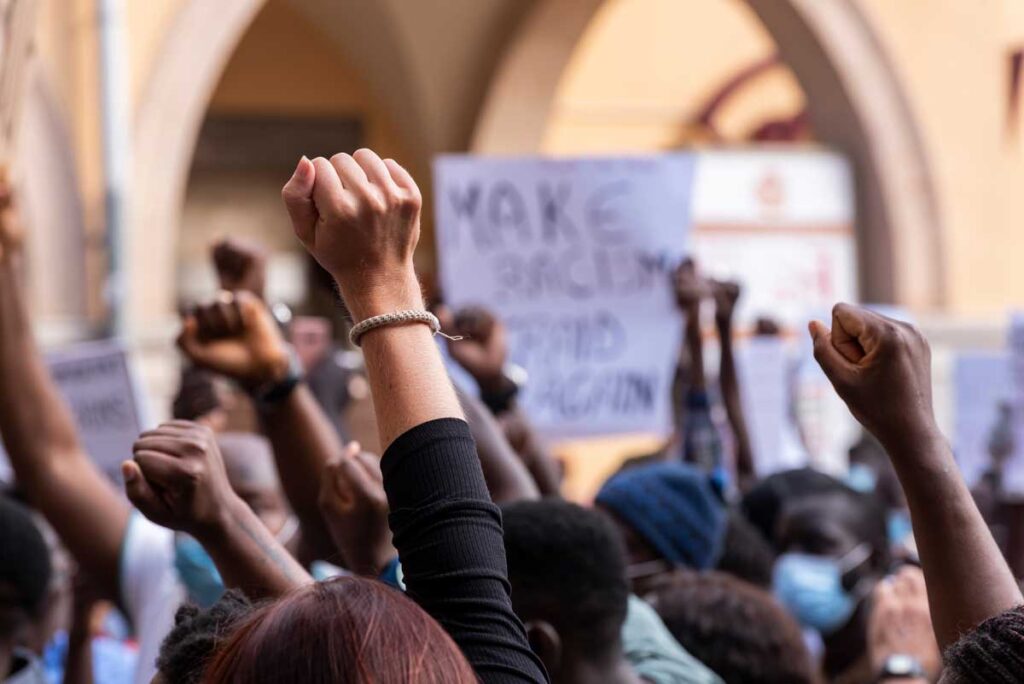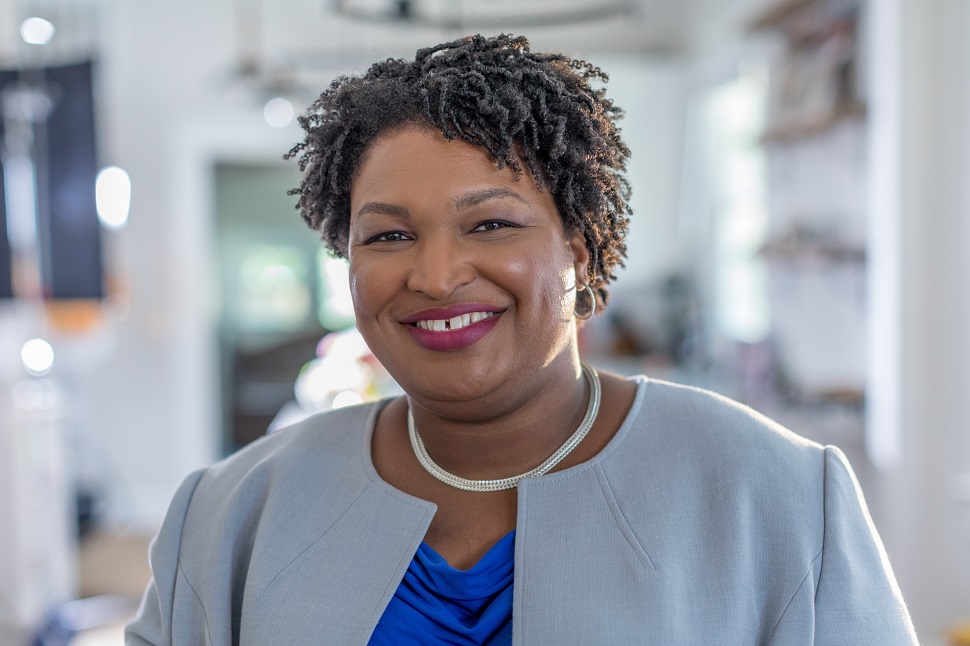Racial Reckoning: The Impact of Civil Unrest on Black Businesses

On many fronts, 2020 had been a difficult year for Black Americans. And though Black entrepreneurs are well-versed in the appended hurdles they face in opening and maintaining a successful business, the concurrent COVID-19 pandemic and the civil unrest sparked by George Floyd and others’ deaths has proven to be insurmountable for more black-owned companies than their white counterparts.
Halfway through the year, the Wall Street Journal and others were already reporting on the pandemic’s stifling effect on black-owned American businesses, with the number of black small-business owners dropping a disproportionate 41% as compared to the 22% decrease we saw nationwide. And besides the fact that black business owners tend to have less access to capital and are finding it difficult to secure pandemic emergency funds (only 12% of black and Latinx businesses were approved for federal aid), the hits continued when protests and lawlessness caused many re-opened businesses in cities around the country to curtail their hours or close all again together, and invest in supplies to safeguard their storefronts from the fallout of the disquiet.
The national and global head-turn toward civil rights and racial equality has, however, been a lucrative shift for some Black U.S. business-owners. Since June, Americans who are invested in ending the country’s nascent relationship with white supremacy and racism have been going out and spending money on Black America. From a veritable black-out of the NYTimes Bestseller list (By July 2nd, two-thirds of the books on the list were about race and racism, and most were written by people of color) to an influx of American dollars being spent at black small businesses, the people’s awakening seems to have resulted in a consciousness for “putting your money where your mouth is” that is both unprecedented and unparalleled.
Sonya Renee Taylor, activist, small business owner, and author of The Body is Not An Apology, believes this is a welcome change overall, but points out some crucial pitfalls to America’s awakening. In an Instagram video where she talks about the increase in demand for her book, she expresses the many layers to white supremacy culture that continue to show up, even as people are becoming more aware of their biases and working to correct them.
“…I have now, like $25,000 worth of book orders. Which seems like that’s a good problem for me—except that I can’t execute that. And I certainly can’t execute it for a bunch of white people who are used to ordering on Amazon, and it comes by the time they finish their morning constitutional. So now you’re ordering directly from Black people because that’s supposed to be helping Black people…except that then you’re creating a ripple effect where Black people now can’t actually…fulfill those orders in any timely fashion…and then you’re in my inbox every day, mad at me. ‘I can’t believe I don’t have my order.’ …white urgency is violence…” she says.
Sonya credits that last phrase to scholar, author, and community organizer, Ebony Janice, though Sonya’s words echo sentiments outlined in Tema Okun’s Dismantling Racism: A Workbook for Social Change Groups.Tema Okun names “sense of urgency” as one tenets of white supremacy culture.
Given how deep-seeded some of these credos are in US culture, it is hard to predict what the long-term effects of this racial reckoning will be. Even as articles flood media outlets urging Americans to “buy Black” and “support Black businesses,” and apps like Postmates and Grubhub boast “Black-owned restaurant” sections, these anecdotal and even data-driven reports of increased investment in Black America fail to show up on one of the nation’s most important financial barometers—the New York Stock Exchange. When looking over the last year, graphs of stock prices of both established and up-and-coming publicly traded Black businesses from Urban One to RLJ Lodging Trust look more like an EKG than an awakening, and it is unclear if society will continue on the path to closing the wealth gap and supporting black business as fervently as they do others.






Responses